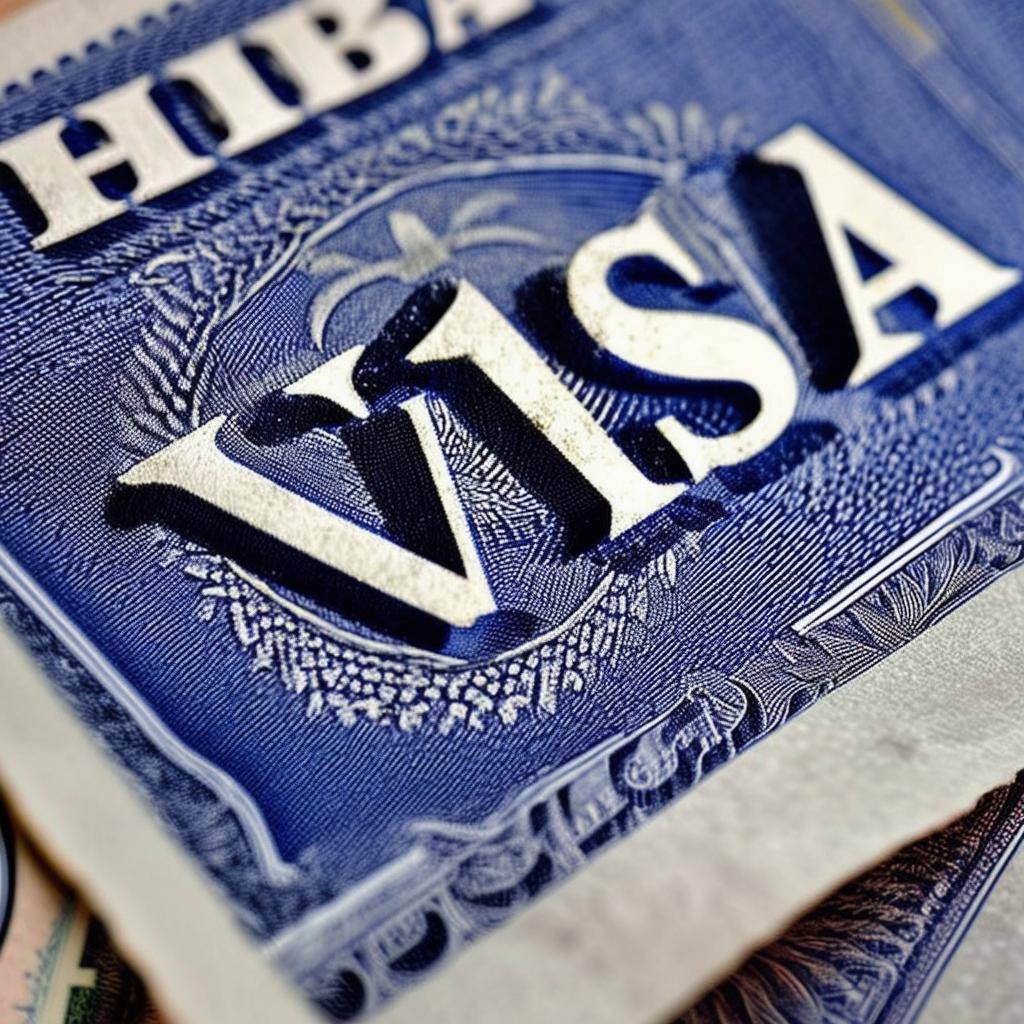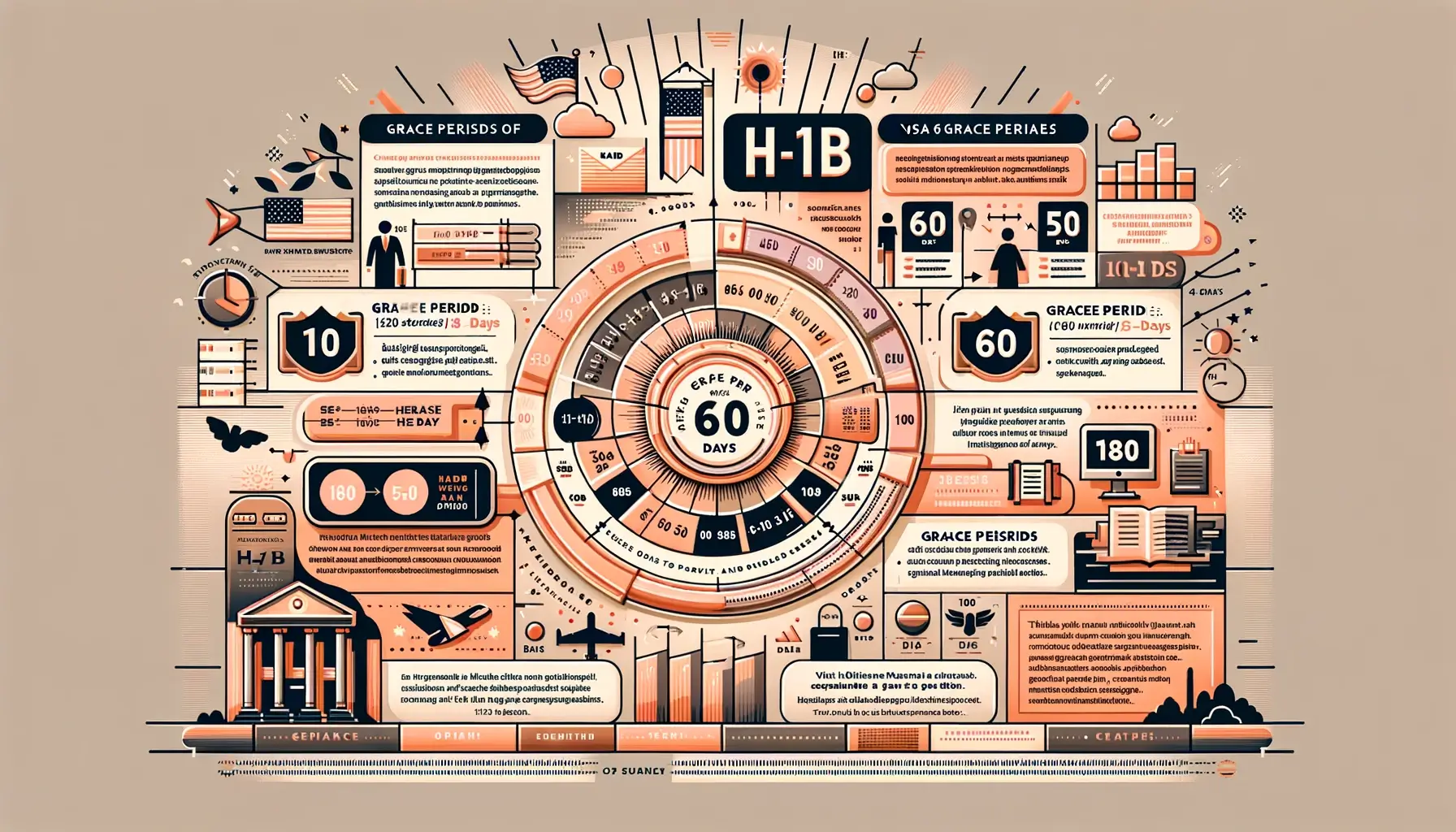USCIS Proposes Rule Changes for H-1B Process in FY 2025
At a Glance:
- USCIS proposes significant changes to the H-1B visa program for FY 2025.
- Key changes include efficiency overhauls, flexibility enhancements, and stricter program integrity measures.
- The proposals aim to streamline processes and align with current job market needs.
- Critics raise concerns about potential longer processing times due to increased scrutiny.
In the ever-evolving landscape of global talent and workforce needs, the United States Citizenship and Immigration Services (USCIS) has recently announced a series of proposed changes to the H-1B visa program. These changes, aimed at modernizing the program and enhancing efficiency, are poised to bring significant transformations for both employers and skilled foreign workers. As we delve into these proposed alterations, it’s essential to understand their potential impact on the future of work and immigration in the U.S.
Imagine a tech company in Silicon Valley eagerly waiting to onboard a top-notch developer from India. With USCIS's proposed H-1B changes, this process might soon become smoother and faster, a boon for both the company and the prospective employee.
WHAT YOU SHOULD KNOW ABOUT USCIS’ PROPOSED H-1B CHANGES
The USCIS has proposed rule changes to the H-1B visa program aimed at enhancing its efficiency and alignment with the current job market needs. These changes include:
- Efficiency Overhaul: Streamlined application processes and reduced bureaucratic hurdles to expedite visa adjudication, reflecting the need for adjudication consistency and efficiency.
- Flexibility Enhancements: Proposals include easier job changes for H-1B holders, more flexible visa validity periods, removing burdensome itinerary requirements, and expanding cap-gap status and definition of cap-exempt employers.
- Program Integrity Measures: Enhanced scrutiny and oversight to prevent abuses, with stricter compliance requirements for employers.
- Balancing Efficiency and Safeguards: The need to balance efficiency improvements with program integrity, considering feedback from various stakeholders.
- Benefits for Employers and Workers: The changes aim to benefit employers with talent shortages and skilled foreign workers by offering a more agile visa process, professional mobility, and potentially longer visa durations.
Immigration lawyer Jane Doe comments, "These changes signify a positive shift towards a more streamlined and applicant-friendly process." Critics, however, argue that the increased scrutiny measures might result in longer processing times, countering the intended efficiency.
Why is USCIS Proposing These Changes?
The USCIS's initiative to propose modifications for the H-1B visa program in Fiscal Year 2024 arose from identifying possible fraudulent patterns during the visa registration process. There was a marked increase in H-1B applications, with 780,884 submissions, a 61% rise from the previous year. Of these, 758,994 were eligible, and USCIS selected 110,791 to occupy the 85,000 available visa slots.
Notably, about 408,891 registrations were found to be multiple entries for the same beneficiaries, hinting at a likely scheme by certain entities to unfairly inflate their selection chances.
In reaction, USCIS has commenced in-depth investigations into these anomalies, leading to the disqualification of deceptive registrations and potential legal actions against those making false attestations. This move demonstrates USCIS's dedication to preserving the integrity of the H-1B visa program, necessitating a reassessment of the registration procedure to avert similar fraud in the future.
How Do Proposed Rule Changes Work Within USCIS?
It's vital to recognize that these alterations are presently proposals and have not been finalized. The USCIS adopts a multi-step process for implementing new regulations:
- Drafting and Proposal: The initial step involves drafting the proposed rule, focusing on policy objectives and legal stipulations.
- Notice of Proposed Rulemaking (NPRM): This draft is released as an NPRM, inviting public input, essential for ensuring openness and community engagement.
- Public Comment Period: This stage allows the public, including individuals, organizations, and other stakeholders, to offer their feedback.
- Review and Finalization: USCIS evaluates all comments, potentially revising the proposal accordingly.
- Publication of Final Rule: The completed rule is then published in the Federal Register, incorporating responses to significant public feedback.
- Implementation: Generally, there's a delay following publication before the rule is enforced, giving affected parties time to adjust.
This elaborate process ensures that any amendments are meticulously evaluated, legally robust, and reflective of community feedback. However, it also implies a potential delay of several months before any final rules are declared for the upcoming fiscal year.
Preparing for FY 2025 H-1B Applications
As the H-1B season quickly approaches, preparation for the FY 2025 cycle should commence immediately. Although the precise details of the rule changes remain to be confirmed, one aspect is evident: expert legal guidance will be crucial. At GoElite, our profound experience in managing successful employment immigration applications equips us to offer unparalleled support and advice during this period of change. Schedule a consultation with us today to explore how we can assist you in navigating the evolving H-1B program landscape.
Conclusion:
As we approach the FY 2025 H-1B application season, it's clear that the USCIS is striving to adapt to the changing dynamics of the global workforce and the U.S. labor market. The proposed changes, while still in the pipeline, reflect a concerted effort to make the H-1B visa program more efficient, flexible, and robust against fraud. Employers and foreign workers alike stand to gain from these modifications, which promise a smoother visa application experience and enhanced job mobility. However, as with any major policy shift, it's crucial for stakeholders to stay informed and prepared for both the opportunities and challenges these changes may bring. In this period of transition, staying vigilant and seeking skilled legal counsel is more important than ever for navigating the complexities of H-1B applications.
Read More : Litwinlaw
We have officially launched the Forum! Once you register, you will get $10! Feel free to share your strategies and discuss your struggles with peers!
You May Also Like
These Related Stories

USCIS H-1B Visa Overhaul: New Rules for International Students and Professionals

H-1B Grace Period: 10 Days, 60 Days, and 180 Days

No Comments Yet
Let us know what you think